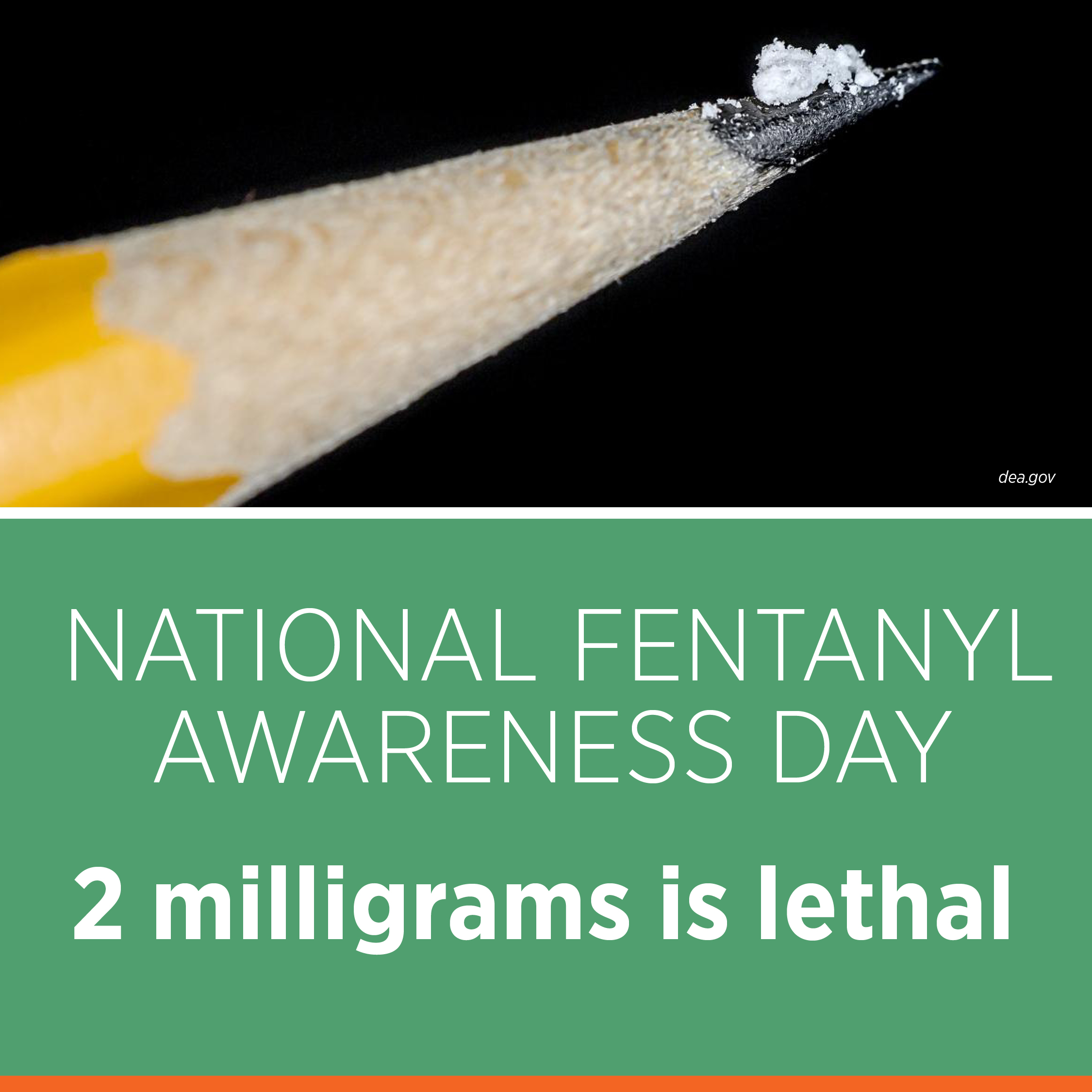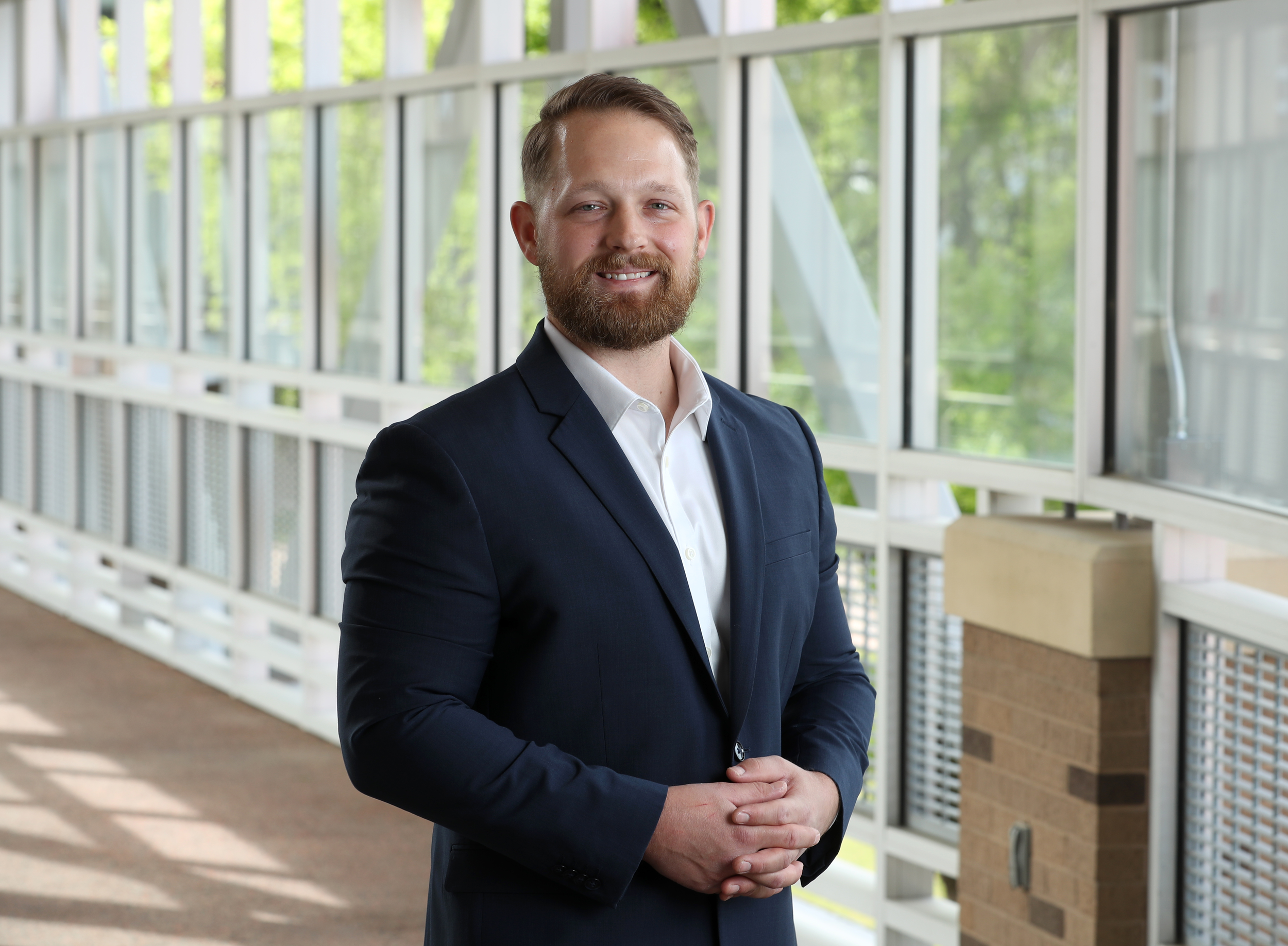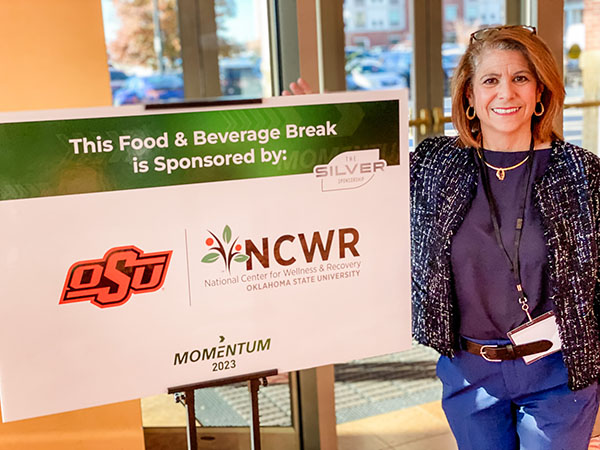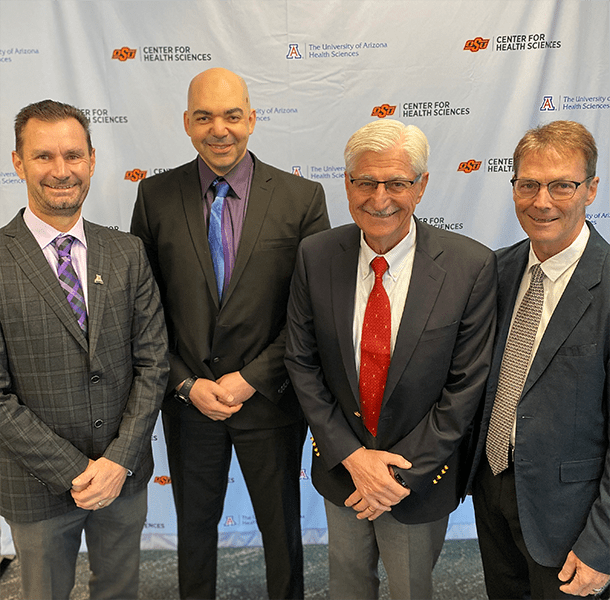News
-
May marks Mental Health Awareness Month, a great time to explore the connections between mental health, substance use disorders (SUDs) and addiction.

-
Fentanyl has found its way into illegal drug markets where its high potency is killing people. It is often mixed with other drugs, which significantly increases the risk of overdose, as users may not know it’s been added or that what they are taking is laced with fentanyl.

-
April is known for bright colors, springtime weather and new life. It also marks Alcohol Awareness Month and an opportunity to breathe some of that new life into conversations with teens about alcohol ahead of all the fun festivities that come with the season.

-
Craig Werner, Ph.D., associate director of neuroscience at the National Center for Wellness and Recovery (NCWR), is on a mission to learn more about the brain and substance use disorders.

-
The Substance Abuse and Mental Health Services Administration (SAMHSA) issued a final rule updating regulations for Opioid Treatment Programs (OTPs) and standards for treating opioid use disorder (OUD). The rule, effective April 2, 2024, with a compliance deadline of October 2, 2024, makes several COVID-19-related flexibilities permanent.

-
The National Center for Wellness and Recovery team recently attended Momentum: Prevention, Justice, Recovery, hosted by the Oklahoma Department of Mental Health and Substance Abuse Services.

-
Methamphetamine, often known as meth, is a potent and highly addictive stimulant that casts a dark shadow over countless lives across the United States. On this National Methamphetamine Awareness Day, we are shedding light on the dangers of meth use along with its prevalence in Oklahoma and the nation.

-
The holiday season is typically a time of joy, shared moments and togetherness for many people. It can also be a tough time for people facing substance use disorder (SUD).

-
The National Center for Wellness and Recovery (NCWR) recently participated in a summit in Washington, D.C., focused on the importance of collaboration in pain and addiction research, education and treatment.

-
Facing addiction means knowing people don’t have to be perfect in the journey. The path to recovery is different for everyone, but it will include a return to use or relapse for many people.
